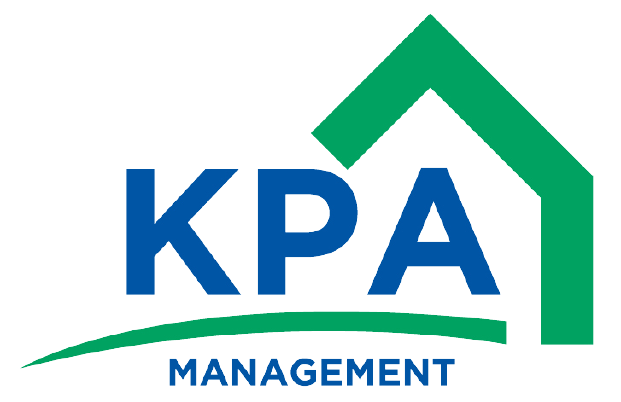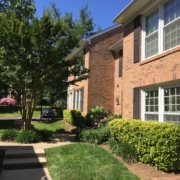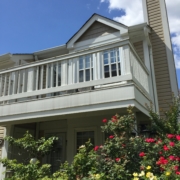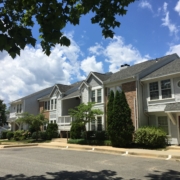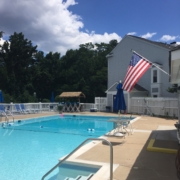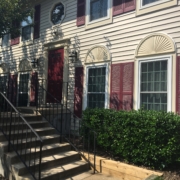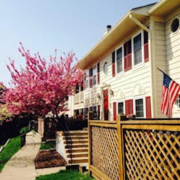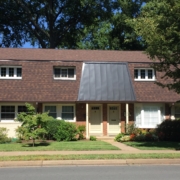What’s New at KPA?
We are proud to announce some exciting new things are happening at KPA Management, starting with the launch of this blog! We have created this blog to provide homeowners with helpful industry tips, because an informed homeowner is a confident homeowner. Your condominium unit is your home, and we are looking forward to providing you with information to help you manage the care of your home and protect your investment. Our blog will be published on a monthly basis with new topics each month. Be sure to check us out at the beginning of every month.
We have also launched a new, re-branded and modernized website at www.kpamgmt.com! In addition to the blog, our new website will provide more information about KPA and its services, updated pictures and staff bios, with easier site navigation and access from mobile devices. You can easily communicate with our office staff through the website, if you are looking for general information or wish to submit a Request for Proposal for management services. We are just a click away at www.kpamgmt.com!
KPA also offers to its clients KPAlink, an online Association management and information site. KPAlink provides homeowners with the ability to access their Association assessment account history in a secure environment, as well as view relevant Association information such as governing documents, policy resolutions, forms, meeting minutes and newsletters. Homeowners registered on KPAlink will also receive broadcast email messages regarding community activities, projects and other important information and have the ability to submit work orders for maintenance items electronically. This is a very useful tool for our clients and we encourage all to register. If you are homeowner of an Association currently managed by KPA and you are interested in registering for the site, please contact our office for assistance.
This weekend on Saturday, March 7th KPA will have a booth at the Washington Metro Chapter CAI Conference and Expo in Washington, D.C. at the Walter E. Washington Convention Center. This year’s booth theme is “Hit a Homerun with KPA Management.” We will be giving away baseball themed treats and KPA gear, but that’s not all, as one lucky attendee will win free Washington Nationals baseball club level tickets! Come stop by booth #630 and collect your giveaways, enter to win some baseball tickets, challenge yourself to game of cornhole, or simply stop by for a chat about what KPA can do for you!
While staying on trend in the social media world, we have also launched a new KPA Management Facebook Business Page. This page offers up to date information about our company as well as industry tips and information on trending topics. We post something new every Monday thru Friday, so make sure to follow us and “Like” our page at www.facebook.com/KPAmanagement.
We invite you to explore all the new happenings going on at KPA Management!
Author: Tara Alrutz, Community Manager and Marketing Specialist, KPA Management
